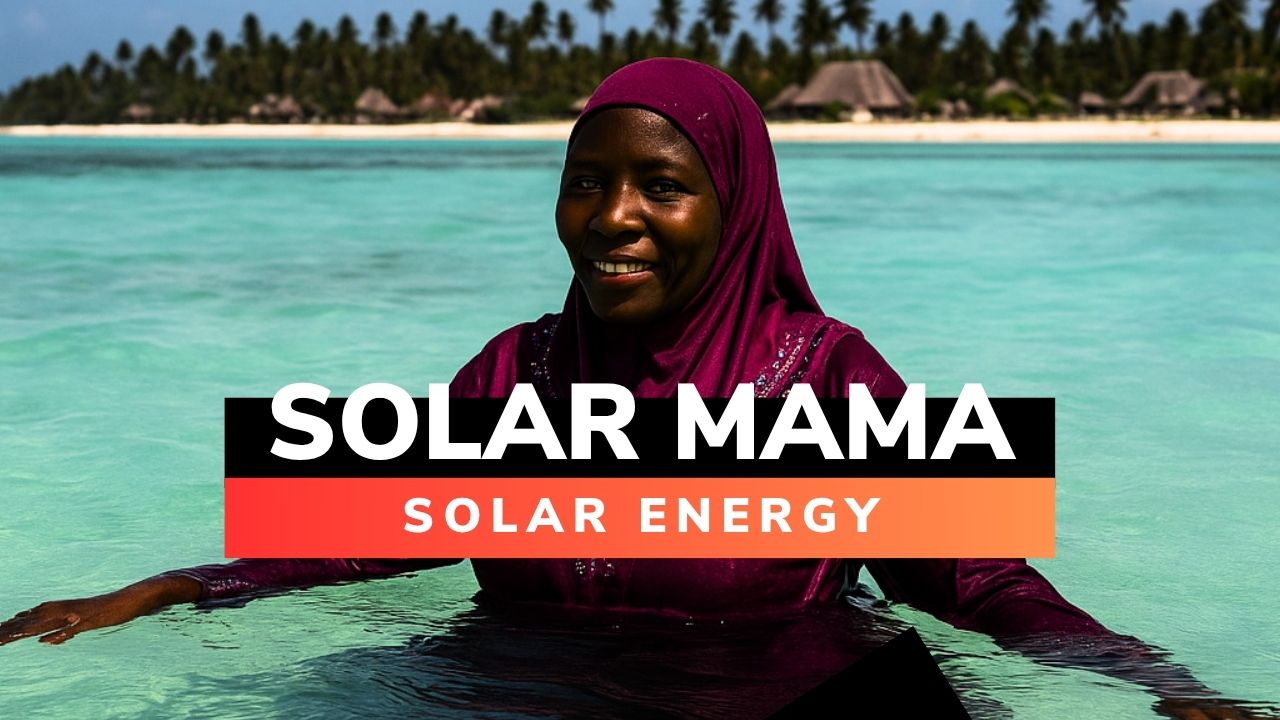The rise of sea sponge farming in Zanzibar: a sustainable economy led by women
For the past few years, Zanzibar has been experiencing a quiet but powerful transformation: hundreds of women are turning to sea sponge farming, a sustainable activity that protects the ocean and provides stable income. In an archipelago heavily dependent on tourism and fishing, this new initiative is reshaping daily life for many families while offering an ecological alternative in a world increasingly searching for natural products.
Why natural marine sponges are becoming a strategic resource for Zanzibar
Natural sea sponges have been used since ancient times. They are soft, durable, biodegradable, and incredibly versatile. What truly changes today is the way they are produced. In Zanzibar, no wild extraction is involved—sponges are cultivated in the ocean, tied to carefully placed ropes in shallow waters. This method ensures environmental protection and yields premium-quality sponges sought after around the globe.
A resilient activity in the face of climate change
For decades, local communities relied on red seaweed farming. As ocean temperatures rose and currents shifted, seaweed production collapsed. Sponge farming emerged as a sustainable alternative capable of resisting climate fluctuations.
The women no longer want to depend on unstable seasons
With seaweed becoming unpredictable, sponge farming provides a stable year-round activity that does not suffer extreme variations.
The ocean is changing, but their knowledge adapts
Thanks to training programs and improved aquaculture techniques, women now control sponge growth more efficiently, even in altered marine conditions.
The essential role of women in sustainable aquaculture
One of the most remarkable aspects of this sector is its feminine dimension. As shown in the images, women are the ones working in the water, tying the ropes, monitoring growth, and harvesting the sponges. Their presence in this field is reshaping gender roles in coastal communities.
Their daily work in the ocean has become symbolic
Many of these women are heads of households. Aquaculture gives them a respected, profitable activity—something that was not always accessible to them.
They build independent micro-cooperatives
In many villages, women gather into small cooperatives that handle production, sales, and revenue distribution collectively. This strengthens unity and financial independence.
A natural product with global demand
Natural marine sponges are premium products used in skincare, cosmetics, spas, ecological cleaning, and even certain medical applications. As consumers turn to eco-friendly options, the demand for natural sponges is growing worldwide.
People want products that respect the planet
In a world filled with plastics and synthetics, natural sea sponges stand out as renewable, biodegradable, and gentle on the skin.
Tourists seek authentic and meaningful souvenirs
Visitors in Zanzibar increasingly look for local, sustainable products. Sponges have become a high-value alternative to imported souvenirs.
Social benefits that transform entire communities
Beyond the economic dimension, sponge farming has deep social impact. Women gain autonomy, confidence, and a stable source of income that improves the lives of their children and families.
A steady income changes the role of women at home
Being able to pay for school, food, medical care, and small investments gives women new freedom and decision-making power.
A collective pride that goes beyond money
The ocean, once seen as a difficult workplace, is now a source of empowerment—an environment where their skills create real value.
The silent revolution of Zanzibar’s “solar mamas”
Beyond aquaculture, Zanzibar is experiencing another impactful shift: the rise of the “solar mamas,” women trained to install and repair solar energy systems. These images of women working on electrical circuits reflect another major social breakthrough in the archipelago.
Women becoming solar energy technicians
Thanks to specialized programs, many women are now learning to assemble, repair, and maintain photovoltaic systems used in rural villages. Their new skills bring reliable electricity to places that often lacked it.
Learning to repair is changing entire communities
By mastering electrical repairs—lamps, batteries, inverters—these women ensure that villages remain powered without reliance on unstable infrastructure.
Electricity transforms family life
A simple source of light in the evening influences children’s education, household safety, and even local commerce.
Energy as a tool for independence and progress
By controlling solar technology, women directly contribute to the improvement of living conditions in their communities. Their technical skills make them essential contributors to local development.
Knowledge that becomes extremely valuable
Being able to repair or maintain solar systems makes these women highly respected and sought after in their villages.
Energy becomes a new source of long-term stability
With renewable energy, families gain autonomy and resilience—especially in areas where electricity has always been unreliable.
A model for the future: blue economy, women’s empowerment, and sustainability
Zanzibar illustrates a powerful vision of development: one that relies on the ocean, on renewable energy, and especially on the empowerment of women. Natural sponge farming and solar energy training are more than professions—they are tools for environmental preservation and social transformation.
Conclusion: Zanzibar is shaping a future where women stand at the heart of sustainable progress
From the turquoise lagoons to the solar workshops, the women of Zanzibar are becoming the leading forces of sustainable change. They protect the ocean, develop natural resources, achieve financial independence, and strengthen the energy resilience of their communities.
Their journey demonstrates that sustainable development is not just a concept—it is a living reality, driven by the determination of those who were once unseen and who today shape one of the most inspiring models in East Africa.


